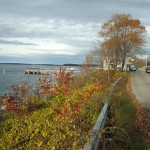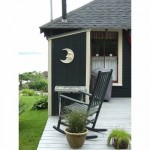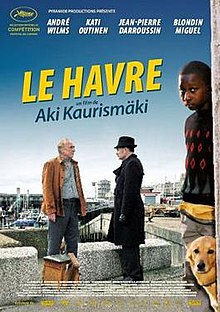 By Nancy Jordan.
By Nancy Jordan.
Quite by accident, I recently checked out two books from the library on death and dying, to be more exact, on husbands dying. The one published in 2007, I stumbled upon when I was shelving other books. I liked the title, the End of the Alphabet, and the cover, so I put it in my ‘to check out’ pile. Later that morning, I noticed someone had put a book out for display that I had been meaning to read: I Married you for Happiness. I didn’t remember the subject, I just remembered it was on my mental ‘to read’ list. So I checked both books out and brought them home.
I started with ‘The End of the Alphabet’ by C.S. Richardson. It’s a novel about Ambrose Zephyr who has always made lists to organize his life. His lists are always not only alphabetical, but in alphabetical terms. The more exotic ones favor places or animals most people have not heard of. He is diagnosed, at age 50, with an unnamed disease and told he has 30 days to live. His reaction: make an alphabetic list of the 26 things he wants to do in those 30 days (luckily, he sighs, the alphabet is only 26 letters long, giving him a few extra days), all involving geographic places. His wife, Zappora Ashkenazi, reacts somewhat differently. In the doctor’s office, she wonders why her body has seemed to stop working, why the doctor sounds like he’s under water. She imagines them at home, preparing a meal for friends, imagining that this is not happening.
They are off: to Amsterdam to see a painting he’d always wondered about; to Berlin to follow memories of Uncle Jack; to Chartres. Zappora wonders why not Paris, if Paris they could stay there and stop this already mad dash from place to place. Through their travels, the reader learns snippets of the couple’s history and romance, the disagreements, the tender moments. Zephyr becomes weaker, more insistent, Zappora becomes more introspective, less calm, begins to panic. They make it to Istanbul, then agree to go home to London, Kensington Park where they sit on a bench and talk about the next places in the alphabet, where they’d been and their memories there. The ending is sad, but warm, based on the reader’s understanding of the strength of their relationship
A very interesting and uniquely written book, not like the usual ones I have read, but I was glad to have read it.
Next I started the novel ‘I married you for Happiness’ by Lily Tuck that recounts the last 12 hours Nina spends with her husband of 43 years. But in this book, Philip has already died. He came home and said he was going to lie down for a few minutes before dinner. Nina calls him when dinner is ready, but there is no answer. When she investigates why he didn’t show, Nina finds him lying peacefully on his back, not moving. She crawls into bed with him, and thus begins her 12 hours of reminiscing of their years of marriage. He was a physicist, obsessed with numbers, sees life through the mystery of numbers. She is an artist, remembering their life together through that lens. Throughout the memories, she comes back to the night, his cold body, thoughts of what she has to do in the morning, what her life will be like. As dawn breaks, she feels his spirit leave the room.
In spite of wondering why, of all books, I was drawn to these two, the pair together created a new reading experience for me. For anyone who wants to read these, and then continue the experience, there is also a memoir by Joan Didion “A Year of Magical Thinking” and another by Kate Braestrup, “Here when you need me’, both different totally different ways of coping with a husband’s death from the widow’s point of view. Now I’m wondering where are the books on the experience of a wife’s death from the husband’s point of view? The only ones I can think of are Julia Glass’s, “The Widower’, and Helen Simonson’s “Major Pettigrew’s Last Stand”. The prospective is different however: both of these deal with the husband’s progress through life after the death.





 7:30 p.m.
7:30 p.m.

